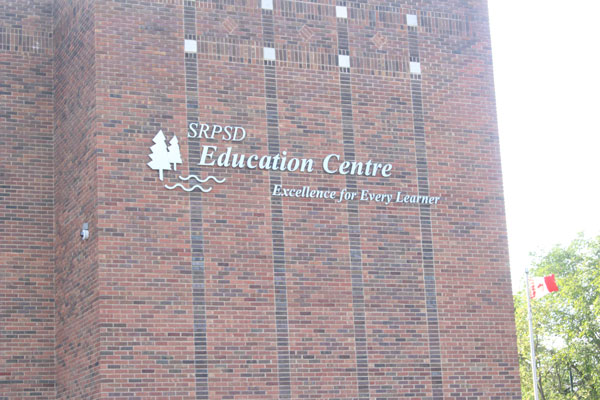The Saskatchewan Rivers School Division has seen an increase in absenteeism that is not related to illness as the 2022-23 school year continues.
The subject was already the topic of discussion at the administration and board levels, but Saskatchewan Rivers Students for Change (SRSC) rural trustees Deziree Zacharias brought up that concern as well during her first report as a student trustee.
Education director Robert Bratvold said the absences are coming for the wrong reasons.
“It is more than just the appropriate ‘stay home when you are sick so you don’t make others sick or so you don’t get more sick yourself’,” he explained. “That’s an appropriate kind of thing. That’s a prudent choice for families to make for their kids and for themselves in their own workplace. This is more than that. This is when students are absent for non-medical or illness-related things.”
School division officials first started talking about the rise in inappropriate absences a month ago. The subject was also brought up during a November meeting.
Bratvold said they started tracking school attendance at the start of the school year. The absentee rate due to illness sits at around 14 to 15 per cent in the Prince Albert area, according to statistics from the Community Respiratory Illness Surveillance Program (CRISP). Bratvold said the actual number of absences is a lot higher.
He added that hearing similar concerns about absenteeism from the student level shows how concerning the absences are.
“It was really reassuring when I heard the same thing coming from the student voice. They are concerned about their peers not being at school and having the same opportunities for learning because they are absent for a whole variety of reasons,” Bratvold said.
He explained that it was also reassuring to hear students reflect matters raised at senior administration levels because it shows they are in line with students.
“It’s beyond where we have got concerns,” he said. “I think part of it is just kind of a frame of mind that many of our families have gotten into, that they were used to having their kids not in school for periods of time during COVID. Even if their kid was not sick the school might have been on remote learning for a period of time because of an outbreak.”
Bratvold said some families have developed a habit of having their children home from school for a day or two, and those parents don’t see it as a bad thing. However, he said that habit would have bad consequences down the road.
“Well the reality is a day or two here or there that isn’t essential really is hard on student learning, so we have to help promote that message in our community,” he explained. “We have done some work to start that. We will do some more work with our SCCs and with our students and find out what will be the most useful ways (to get the message out).
“Really the message is kids need to be in school and unless they are sick or have some other medical and dental sorts of appointments needs, being in school is the place they should be because that’s where the learning is going to happen,” Bratvold said.
The block system which has been in place in the division is not really a factor, according to Bratvold. He defended the block system as a way to make sure students miss less when they are away, but said the feedback they received from parents is quite mixed.
“I know that parents who are most concerned about it will raise that, but there are also parents who have conveyed the other point of view in that the block system has actually been helpful,” he explained. “If there are students who are sick for four days and have to try and catch up on four or five classes, they only have to do two classes.
“The compression of time in the block, I think, can be a challenge. We have to consider that for sure but I think that there are some other elements.”
Bratvold said their data shows the block system has had a positive impact on attendance, credit attainment, and graduation. However, they do plan to take another look at the data after this school year.
“This year is less of an impact on COVID absences,” he said. “We need to look at that again on closer to pre-COVID year and (see) what is its impact.”
michael.oleksyn@paherald.sk.ca


